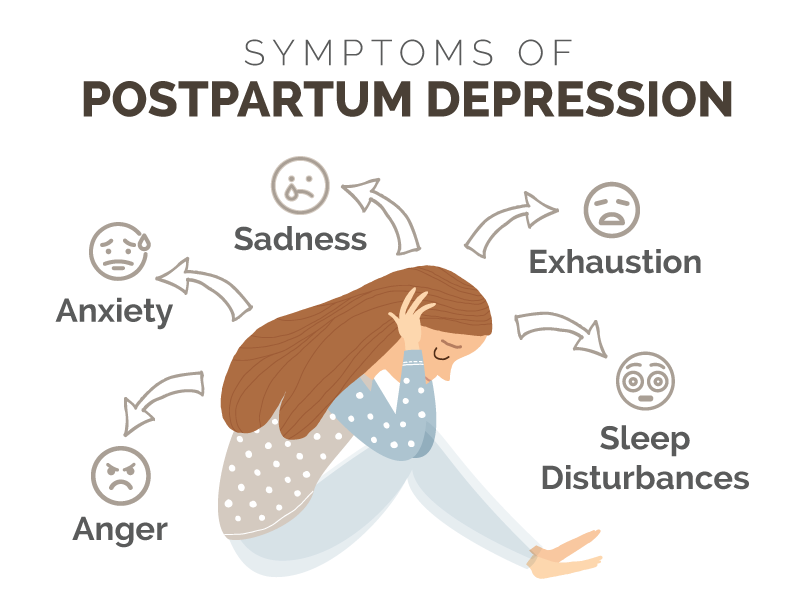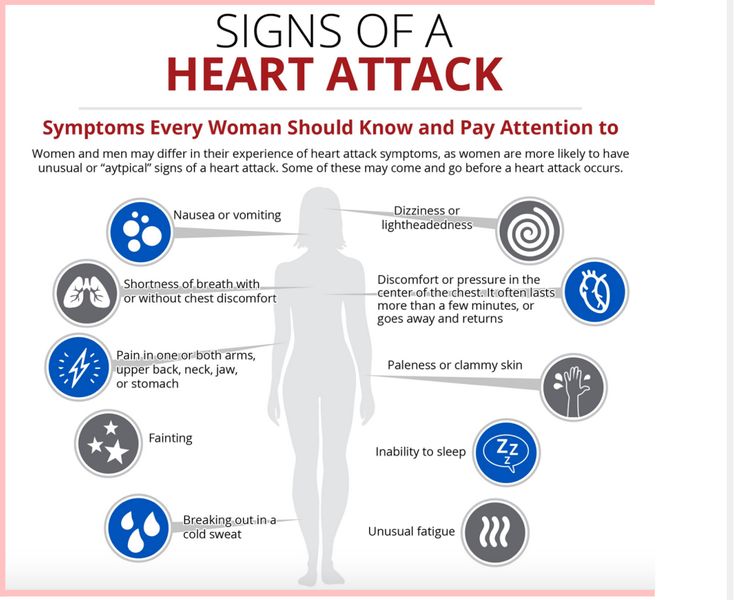What do people believe
Views on the afterlife among U.S. adults
Majorities of U.S. adults say they believe in heaven, hell
Nearly three-quarters of U.S. adults say they believe in heaven. (The survey did not immediately offer a definition of heaven, though subsequent questions explored what respondents think heaven is like.)
Large majorities of all Christian subgroups say they believe in heaven, while belief is much less common among religiously unaffiliated Americans (37%). This unaffiliated group includes those who describe their religion as “nothing in particular” – half of whom believe in heaven – as well as agnostics (26% of whom believe in heaven) and atheists (3%).
While most U.S. adults also believe in hell, this belief is less widespread than belief in heaven. Roughly six-in-ten American adults (62%) say they believe in hell, though once again there are notable differences across subgroups of the population.
Across most Christian subgroups, smaller shares say they believe in hell than heaven. While roughly nine-in-ten Protestants in the evangelical and historically Black traditions believe in hell, only about seven-in-ten mainline Protestants (69%) and 74% of Catholics share this belief.
Roughly a quarter of all U.S. adults (26%) say that they do not believe in heaven or hell, including 7% who say they do believe in some kind of afterlife and 17% who do not believe in any afterlife at all.
Respondents who believe in neither heaven nor hell but do still believe in an afterlife were given the opportunity to describe their idea of this afterlife in the form of an open-ended question that asked: “In your own words, what do you think the afterlife is like?”
Within this group, about one-in-five people (21%) express belief in an afterlife where one’s spirit, consciousness or energy lives on after their physical body has passed away, or in a continued existence in an alternate dimension or reality. One respondent describes their view as “a resting place for our spirits and energy. I don’t think it’s like the traditional view of heaven but I’m also not sure that death is the end.” And another says, “I believe that life continues and after my current life is done, I will go on in some other form. It won’t be me, as in my traits and personality, but something of me will carry on.”
I don’t think it’s like the traditional view of heaven but I’m also not sure that death is the end.” And another says, “I believe that life continues and after my current life is done, I will go on in some other form. It won’t be me, as in my traits and personality, but something of me will carry on.”
An additional 17% of respondents who believe in neither heaven nor hell (but do believe in some kind of afterlife) express a belief in people enduring a cyclical existence or becoming enlightened after death. As one individual puts it, “Maybe something like nirvana or enlightenment? I like to imagine that the living world we inhabit is like a cradle for the soul. We spend our lifetime (or maybe many lifetimes) learning and growing, and then in the afterlife we retain all those memories from our life(/lives), and the lessons we’ve learned, and that we exist for some greater purpose that living prepares us for.”
Among many other responses, some people believe that people’s energy rejoins the universe in some form, while others feel that people simply enter a period of peace without suffering. And many people in this group (42% of everyone who says they believe in an afterlife but not in heaven or hell) did not offer a response.
And many people in this group (42% of everyone who says they believe in an afterlife but not in heaven or hell) did not offer a response.
Believers largely see heaven as free from suffering, hell as just the opposite
In addition to asking about general belief in heaven and hell, the survey asked about specific characteristics of these two destinations to determine what Americans think they are like. In the case of heaven, respondents were presented with nine prospective traits, and asked whether heaven is “definitely like this,” “probably like this,” “probably not like this” or “definitely not like this.”
Of the items listed, U.S. adults are most likely to say that in heaven, people are definitely or probably free from suffering, with roughly seven-in-ten members of the general public holding this view. This perspective is nearly unanimous among the 73% of Americans who express belief in heaven.
Majorities of Americans also express confidence in the ideas that in heaven, people are reunited with deceased loved ones (65% of all U. S. adults say this), can meet God (62%) and have perfectly healthy bodies (60%). Roughly half of all U.S. adults (48%) believe that people in heaven are reunited with pets or animals that they knew on Earth, while more than four-in-ten say that people in heaven can see what is happening on Earth (44%) and can become angels (43%).
S. adults say this), can meet God (62%) and have perfectly healthy bodies (60%). Roughly half of all U.S. adults (48%) believe that people in heaven are reunited with pets or animals that they knew on Earth, while more than four-in-ten say that people in heaven can see what is happening on Earth (44%) and can become angels (43%).
Smaller shares believe that people in heaven are able to have relationships with people who are still living on Earth (25%), or that they can choose whether they want to stop existing (15%).
In the case of hell, the survey asked about five different traits. About half of all U.S. adults – the vast majority of the 62% who believe in hell – say that people in hell definitely or probably experience psychological suffering, become aware of the suffering they created in the world, experience physical suffering, and are prevented from having a relationship with God. A slightly smaller share (44%) say they believe people in hell definitely or probably can meet Satan.
Who can get to heaven? No consensus on whether belief in God, being Christian is required
While most U.S. adults believe in heaven, there is disagreement about who can go there. Among all Americans, about four-in-ten (39%) say that people who do not believe in God can go to heaven, while roughly a third (32%) say that nonbelievers cannot enter heaven. (Again, 27% do not believe in heaven at all.)
Catholics are twice as likely as Protestants to say that people who do not believe in God can still go to heaven (68% vs. 34%). Evangelical Protestants are especially likely to view access to heaven as exclusive in this regard, with 71% saying that only those who believe in God can go to heaven, compared with 21% who say nonbelievers can gain entry. A majority of members of the historically Black Protestant tradition (59%) also say that nonbelievers are excluded from heaven, while most mainline Protestants (56%) say that people who do not believe in God can go to heaven.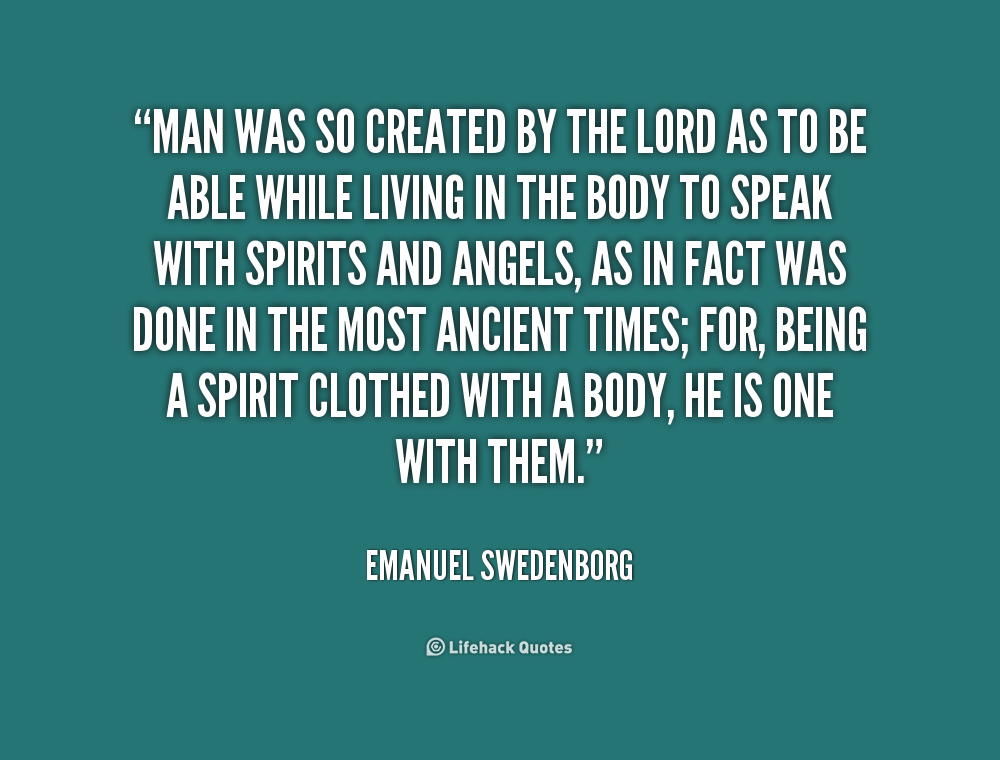
Most religious “nones” do not believe in heaven at all, but those who do are much more likely to say that people who do not believe in God can go to heaven (27% of all religious “nones”) than that they cannot (9%).
More than four-in-ten Republicans (44%) believe in heaven and say that people who do not believe in God cannot go there – twice the share of Democrats who hold the same view (21%). Additionally, Americans who live in the South are more likely than those in other regions to believe in heaven and to say that people who do not believe in God are excluded.
About three-in-ten U.S. Christians (31%) say that their religion is the one true faith leading to eternal life in heaven, while nearly twice as many (58%) say that there are multiple religions that can lead to heaven.
Once again, there are differences on this question across subgroups – including between Protestants and Catholics. Roughly four-in-ten Protestants (38%) say that theirs is the only faith leading to eternal life in heaven, a view that is especially common among evangelical Protestants (50%). Among Catholics, meanwhile, just 16% say that their religion is the one true faith leading to eternal life in heaven, while about seven-in-ten (72%) instead say that many religions can lead to eternal life.1
Among Catholics, meanwhile, just 16% say that their religion is the one true faith leading to eternal life in heaven, while about seven-in-ten (72%) instead say that many religions can lead to eternal life.1
Christians who believe that many religions can lead to eternal life in heaven were asked whether they believe that this privilege is reserved only for members of other Christian religions, or that some non-Christian religions can also lead to eternal life in heaven. Among all Christians, a majority (58%) say that many religions can lead to eternal life in heaven, and within this group, the prevailing view is that members of some non-Christian religions are able to attain eternal life in heaven (43% of all Christians express this view). Just 13% of U.S. Christians say that many religions can lead to eternal life in heaven, but that only Christian religions qualify.
Catholics are more likely than Protestants to say that many religions can lead to heaven and that non-Christians are included (61% vs. 35%), although most mainline Protestants (55%) also say this. Members of the evangelical and historically Black Protestant traditions, however, are more likely to say either that theirs is the one true faith leading to eternal life in heaven or that only Christian religions can lead to heaven.
35%), although most mainline Protestants (55%) also say this. Members of the evangelical and historically Black Protestant traditions, however, are more likely to say either that theirs is the one true faith leading to eternal life in heaven or that only Christian religions can lead to heaven.
Fewer than half of Americans believe in reincarnation, fate
The survey also asked respondents about a few other concepts associated with the afterlife or the supernatural.
Though the share of adults who believe in reincarnation – i.e., that “people will be reborn again and again in this world” – is much lower than the share who believe in heaven or hell, it is a view held by a substantial minority of the population (33%).
Just as with heaven and hell, women are more likely than men to believe in reincarnation (38% vs. 27%), but the age pattern on this question differs from the ones observed on the prior two questions. Whereas younger Americans are less likely than their elders to believe in heaven and hell, younger adults are more likely to believe in reincarnation.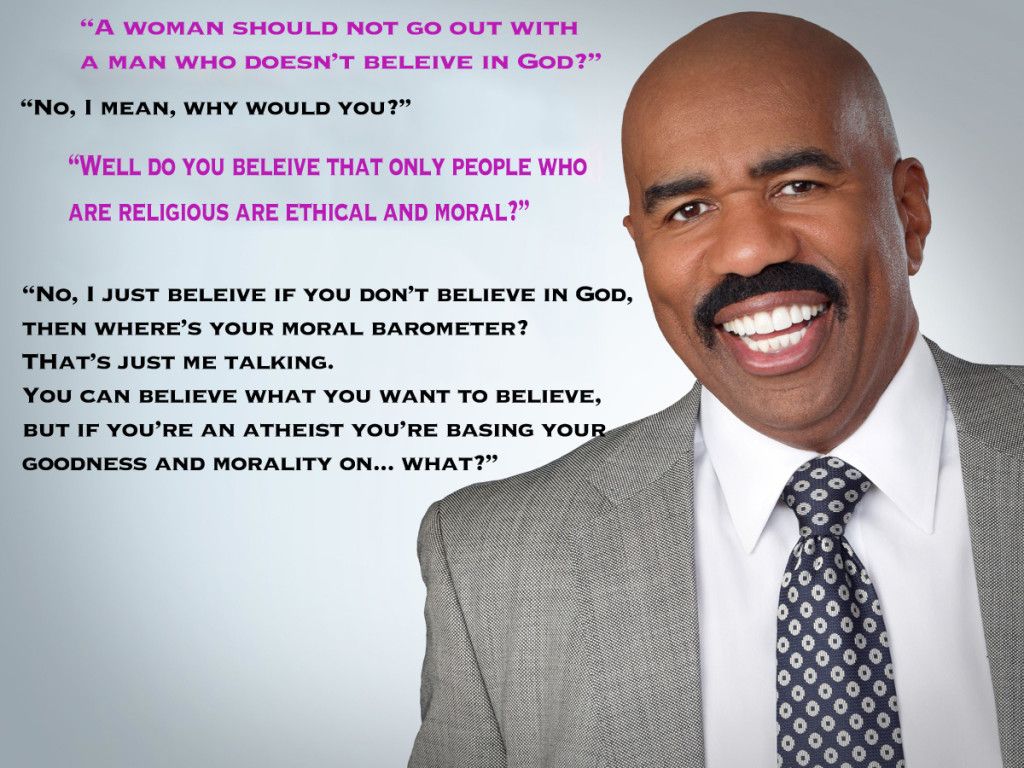 Nearly four-in-ten adults under the age of 50 (38%) believe in reincarnation, compared with 27% of those ages 50 and older.
Nearly four-in-ten adults under the age of 50 (38%) believe in reincarnation, compared with 27% of those ages 50 and older.
Overall, Catholics are more likely than Protestants to say that they believe in reincarnation (38% vs. 26%), but there is wide variance within these groups. Nearly half of Hispanic Catholics (47%) believe in reincarnation, compared with a third of White Catholics. The gap among Protestants is even more pronounced: 48% of members of the historically Black Protestant tradition say they believe in reincarnation, while just 31% of mainline Protestants and only 16% of evangelical Protestants say the same. Among religiously unaffiliated Americans, belief in reincarnation is on par with belief in heaven, with 37% of respondents in this group saying that they believe that people will be reborn again and again in this world – higher than the share of Protestants who hold this view.
Overall, 44% of U.S. adults say they believe in fate, defined as the course of their life being predetermined.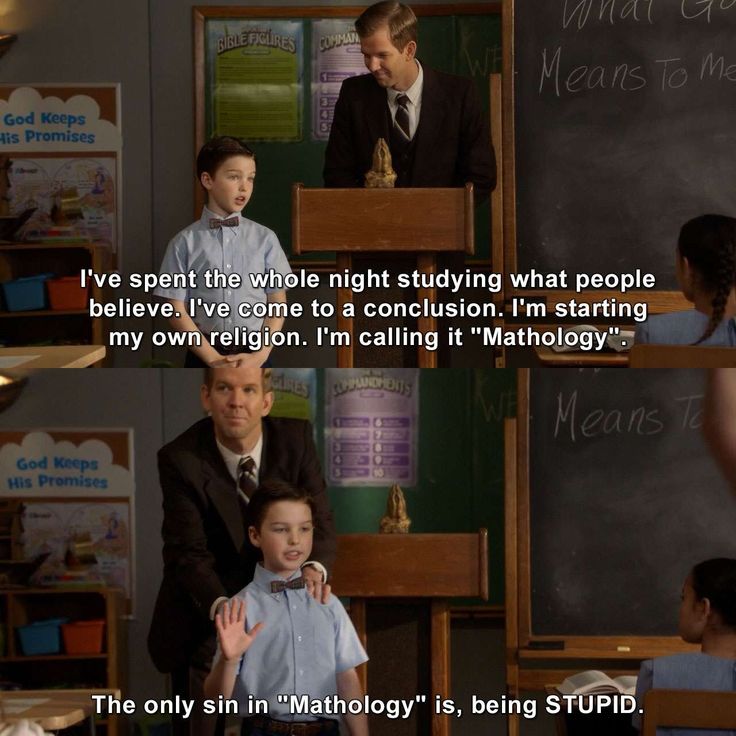 This group includes half of women (51%) and 35% of men. There also are differences based on levels of educational attainment, with college graduates significantly less likely than those without a degree to say they believe in fate (32% vs. 49%).
This group includes half of women (51%) and 35% of men. There also are differences based on levels of educational attainment, with college graduates significantly less likely than those without a degree to say they believe in fate (32% vs. 49%).
Protestants and Catholics overall are identical on this question, with 50% in each group saying they believe in fate. But there is again wide variation along racial and ethnic lines within each group: Protestants in the historically Black tradition (70%) are much more likely than evangelical or mainline Protestants to believe in fate (46% for both evangelical and mainline Protestants), as are Hispanic Catholics compared with White Catholics (63% vs. 43%). One-third of religiously unaffiliated adults believe in fate, with those who describe their religion as “nothing in particular” much more likely than atheists and agnostics to hold this view.
Differences among religious “nones” are even bigger on a question about whether everything happens for a reason. Most of those whose religion is “nothing in particular” (62%) say that everything in life does happen for a reason, compared with just 13% of atheists and 37% of agnostics. Overall, 68% of U.S. adults hold this view, including 78% of Protestants and 77% of Catholics.
Most of those whose religion is “nothing in particular” (62%) say that everything in life does happen for a reason, compared with just 13% of atheists and 37% of agnostics. Overall, 68% of U.S. adults hold this view, including 78% of Protestants and 77% of Catholics.
An even larger majority of Americans (83%) believe things happen that cannot be explained by science or natural causes. Atheists are again a notable exception, with only a third (34%) saying they believe things happen that cannot be explained by science or natural causes.
Most Americans believe people can communicate with God or other higher power
The survey also gave examples of various supernatural occurrences and asked respondents to say whether they think each is possible, and if so, whether they had ever personally experienced it.
Fully two-thirds of U.S. adults believe it is possible for people to receive a “definite answer to a specific prayer request,” and the same share (67%) think it is possible to receive a “direct revelation” from God. Americans are more likely to say they have experienced the former (46%) than the latter (29%).
Americans are more likely to say they have experienced the former (46%) than the latter (29%).
Overwhelming majorities of Protestants report believing both experiences are possible (85% on each question), and most even say that they personally have received a definite answer to a specific prayer request (64%). This experience is especially common among evangelical Protestants (73%), although members of the historically Black Protestant tradition are more likely than evangelicals to say they have experienced a direct revelation from God (56% vs. 46%).
Indeed, Black Americans are more likely than White and Hispanic Americans to say it is possible to have one’s prayers definitely answered and to receive a direct revelation from God or a higher power. Black Americans also are more likely to report having experienced these spiritual phenomena personally.
Most Catholics in the U.S. express belief that it is possible to receive a definite answer to a specific prayer request (75%) and a direct revelation from God (77%), though they are somewhat less likely than Protestants to say so. Fewer than half of religiously unaffiliated Americans say the same (37% and 39%, respectively).
Fewer than half of religiously unaffiliated Americans say the same (37% and 39%, respectively).
Most believe some interaction is possible between the living and the dead
About seven-in-ten Americans say it is possible to feel “the presence of someone who has died,” while roughly half say that living people can be helped by those who have passed (51%) or communicate with them in some way (47%). When asked about their personal experiences with the deceased, 44% of U.S. adults say that they have felt the presence of someone who has died, while smaller shares say that they have received help from (20%) or communicated with (14%) someone who has died.
Contrary to the questions about interaction with God, Catholics are more inclined than Protestants to say it is possible for people to feel the presence of someone who has died (86% vs. 71%), with two-thirds of religious “nones” (66%) also expressing this view. Catholics also are most likely to believe it is possible to get help from the departed (68% vs. 49% of Protestants and 43% of “nones”) and communicate with them (57% vs. 46% and 42%, respectively). Evangelical Protestants, meanwhile, are no more likely than religiously unaffiliated Americans to report believing in or experiencing all of these interactions with the deceased.
49% of Protestants and 43% of “nones”) and communicate with them (57% vs. 46% and 42%, respectively). Evangelical Protestants, meanwhile, are no more likely than religiously unaffiliated Americans to report believing in or experiencing all of these interactions with the deceased.
Almost three-quarters of all U.S. adults (72%) think it is possible for people to have “a near-death experience in which their spirit actually leaves their body.” Protestants (82%) and Catholics (83%) are more likely than the religiously unaffiliated (55%) to believe that such an experience is possible, as are Black Americans compared with Americans of other races.
The survey did not ask about whether people have actually had such an experience.
Why Do People Believe What They Do? A Functionalist Perspective
. 2016;20(4):399-411.
doi: 10.1037/gpr0000085. Epub 2016 Dec 1.
Matthew Tyler Boden 1 , Howard Berenbaum 2 , James J Gross 3
Affiliations
Affiliations
- 1 Center for Health Care Evaluation, Veterans Affairs Palo Alto Health Care System.
- 2 Department of Psychology, University of Illinois at Urbana-Champaign.
- 3 Department of Psychology, Stanford University.
- PMID: 31680762
- PMCID: PMC6824436
- DOI: 10.
 1037/gpr0000085
1037/gpr0000085
Free PMC article
Matthew Tyler Boden et al. Rev Gen Psychol. 2016.
Free PMC article
. 2016;20(4):399-411.
doi: 10.1037/gpr0000085. Epub 2016 Dec 1.
Authors
Matthew Tyler Boden 1 , Howard Berenbaum 2 , James J Gross 3
Affiliations
- 1 Center for Health Care Evaluation, Veterans Affairs Palo Alto Health Care System.

- 2 Department of Psychology, University of Illinois at Urbana-Champaign.
- 3 Department of Psychology, Stanford University.
- PMID: 31680762
- PMCID: PMC6824436
- DOI: 10.1037/gpr0000085
Abstract
Why do people believe what they do? Scholars and laypeople alike tend to answer this question by focusing on the representational functions of beliefs (i.e., representing the world accurately). However, a growing body of theory and research indicates that beliefs also can serve important hedonic functions (i. e., decreasing/increasing negative or positive emotional states). In this manuscript, we describe: (1) the features of belief, (2) the functions served by beliefs, with a focus on the hedonic function, (3) an integrative framework highlighting the hedonic function and contrasting it with the representational function, (4) the implications of our framework, and related future research directions for individual differences in belief, belief change, and the ways in which beliefs contribute to adaptive versus maladaptive psychological functioning.
e., decreasing/increasing negative or positive emotional states). In this manuscript, we describe: (1) the features of belief, (2) the functions served by beliefs, with a focus on the hedonic function, (3) an integrative framework highlighting the hedonic function and contrasting it with the representational function, (4) the implications of our framework, and related future research directions for individual differences in belief, belief change, and the ways in which beliefs contribute to adaptive versus maladaptive psychological functioning.
Keywords: Belief; belief change; emotion regulation; function; functionalist.
Figures
Figure 1
A depiction of a functionalist…
Figure 1
A depiction of a functionalist approach to belief which shows that any belief…
Figure 1A depiction of a functionalist approach to belief which shows that any belief can fulfill (a) only representational (coordinate space A, near the Y axis) or hedonic functions (coordinate space A, near the X axis), (b) both representational or hedonic functions in complementary (coordinate space A, equidistant from the X and Y axes) or competing ways (coordinate spaces B & D, equidistant from the X and Y axes), or (c) neither representation or hedonic functions (coordinate spaces C and E). Examples labeled with numbers are discussed in the text.
Examples labeled with numbers are discussed in the text.
See this image and copyright information in PMC
Similar articles
-
Maladaptive behavior and affect regulation: A functionalist perspective.
Swerdlow BA, Pearlstein JG, Sandel DB, Mauss IB, Johnson SL. Swerdlow BA, et al. Emotion. 2020 Feb;20(1):75-79. doi: 10.1037/emo0000660. Emotion. 2020. PMID: 31961182 Free PMC article. Review.
-
A Comparison of the Social-Adaptive Perspective and Functionalist Perspective on Guilt and Shame.
Dempsey HL. Dempsey HL. Behav Sci (Basel). 2017 Dec 11;7(4):83. doi: 10.3390/bs7040083. Behav Sci (Basel). 2017. PMID: 29232888 Free PMC article. Review.
-
Belief in an unjust world: when beliefs in a just world fail.
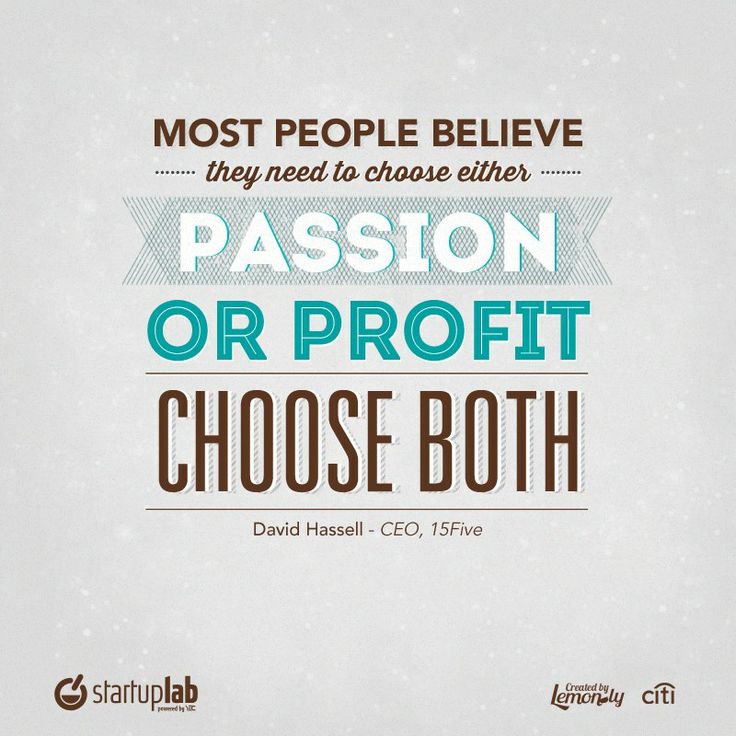
Lench HC, Chang ES. Lench HC, et al. J Pers Assess. 2007 Oct;89(2):126-35. doi: 10.1080/00223890701468477. J Pers Assess. 2007. PMID: 17764390
-
Family pediatrics: report of the Task Force on the Family.
Schor EL; American Academy of Pediatrics Task Force on the Family. Schor EL, et al. Pediatrics. 2003 Jun;111(6 Pt 2):1541-71. Pediatrics. 2003. PMID: 12777595
-
Exploring links between language and cognition in autism spectrum disorders: Complement sentences, false belief, and executive functioning.
Durrleman S, Franck J. Durrleman S, et al. J Commun Disord. 2015 Mar-Apr;54:15-31. doi: 10.1016/j.jcomdis.2014.12.001. Epub 2015 Jan 6. J Commun Disord. 2015. PMID: 25637130
See all similar articles
Cited by
-
Examining a domain-specific link between perceived control and conspiracy beliefs: a brief report in the context of COVID-19.

Stojanov A, Halberstadt J, Bering JM, Kenig N. Stojanov A, et al. Curr Psychol. 2021 Jun 15:1-10. doi: 10.1007/s12144-021-01977-0. Online ahead of print. Curr Psychol. 2021. PMID: 34149266 Free PMC article.
Grant support
- L30 MH087212/MH/NIMH NIH HHS/United States
- T32 MH019938/MH/NIMH NIH HHS/United States
Psychology of stupidity. Why even the smartest people sometimes believe bullshit
A serious yet incredibly ironic collection of essays, compiled by French psychologist Jean-Francois Marmion, attempts to unify everything we know about stupidity and stupidity. Who are they? What is going on in their heads? Can they be avoided—and should they? In the book "Psychology of Stupidity" the most famous scientists, philosophers, researchers of our time are trying to figure out all these issues. Forbes Life publishes a chapter from the book, which is published by the Bombora publishing house on November
Forbes Life publishes a chapter from the book, which is published by the Bombora publishing house on November
Finished reading here
People whose intelligence no one is in doubt sometimes surprise by expressing ideas without foundation or supporting ridiculous theories.
Indeed, no known definition of intelligence causes unanimity. The reason may be that the word is associated with different qualities. History is full of examples of people who are unanimously recognized as intelligent in fields as diverse as science, technology, art, or philosophy. nine0005
Defining intelligence as “the ability to reason, plan, solve problems, think abstractly, comprehend complex concepts, memorize quickly, use accumulated experience”, scientists conducted a meta-analysis of studies. And they came to the conclusion that smart people are less inclined than others to believe in God. So it seems logical that highly intelligent people are more likely to insulate themselves from prejudice.
To reveal a high level of intelligence, one should remember the ability of some people to abandon the established patterns of their era and act in a new way, not content with what seems obvious. Galileo, Darwin, Einstein, but also Kant and Descartes were such dissenters. They questioned the prevailing ideas and simplistic interpretations of how the world works. Intelligence in their case was accompanied by critical thinking, the ability to intellectually resist the dominant system of concepts, attempted indoctrination, and in general any form of dogmatism. nine0005
Meanwhile, in her article, Heather A. Butler, assistant professor of psychology at the University of California, asks about a strange phenomenon: smart people can do stupid things and believe all sorts of nonsense.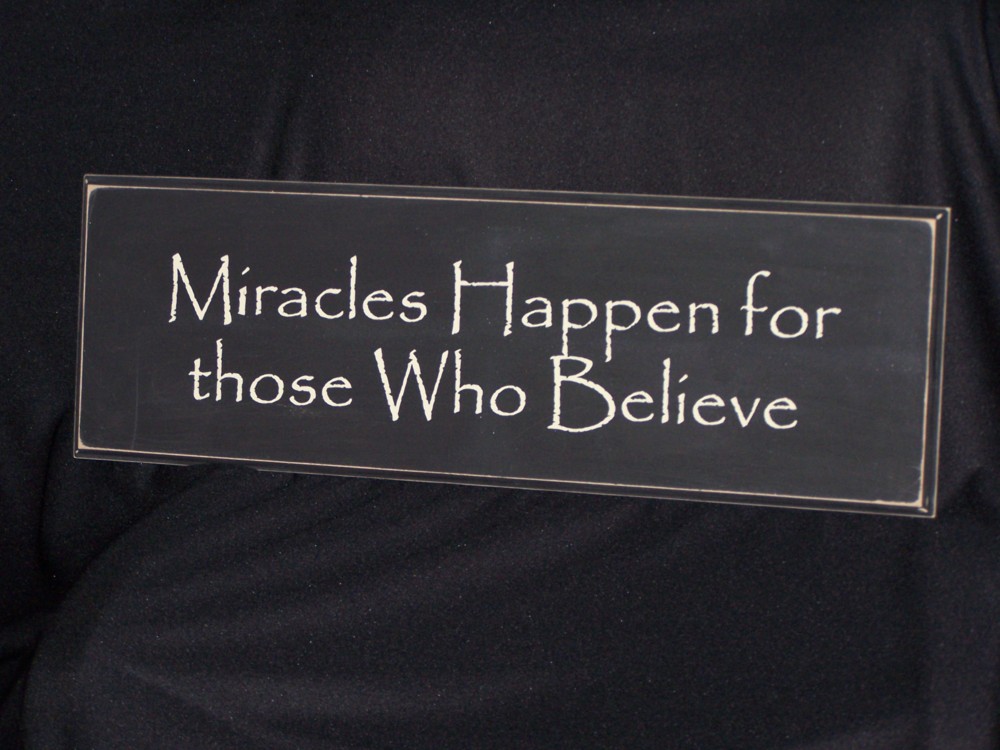 In particular, she writes: “Critical thinking is often confused with intelligence, but they are not the same thing. Critical thinking is a set of cognitive qualities that allow us to think rationally with a specific goal in mind, and the willingness to apply these qualities at the right time. Critical thinkers have a flexible mind and look for evidence to support their beliefs, as well as recognize attempts to indoctrinate them with something inappropriate. Critical thinking means the ability to overcome any cognitive biases (eg, hindsight bias, confirmation bias).” nine0005
In particular, she writes: “Critical thinking is often confused with intelligence, but they are not the same thing. Critical thinking is a set of cognitive qualities that allow us to think rationally with a specific goal in mind, and the willingness to apply these qualities at the right time. Critical thinkers have a flexible mind and look for evidence to support their beliefs, as well as recognize attempts to indoctrinate them with something inappropriate. Critical thinking means the ability to overcome any cognitive biases (eg, hindsight bias, confirmation bias).” nine0005
Now it becomes clear why even very smart people can sometimes believe in strange things. Sociologist Gerald Bronner, in an interview with Thomas S. Durand for the documentary The Laws of Mental Attraction, admits that he was once a millenarian: "I know you can believe in crazy things without being a psycho." He adds that it was only "a chain of coincidences" and "a sequence of small events" that helped him question this belief.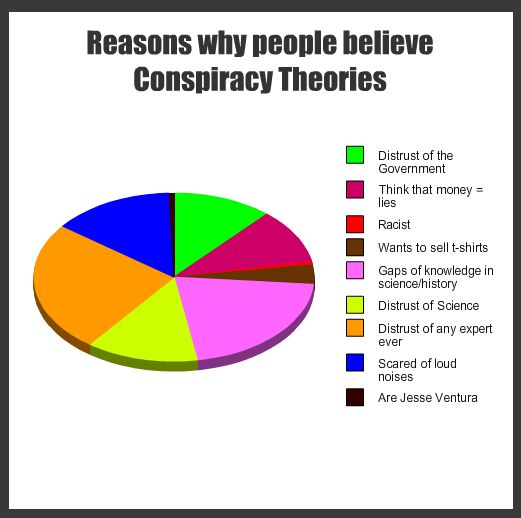 But not everyone is so lucky.
But not everyone is so lucky.
Jimmy Carter and his message to aliens
American President Jimmy Carter (1977-1981) during his election campaign said: "If I am elected president, I will make sure that all the information available in our country about UFO sightings is available to the public and scientists." And he added an unexpected phrase, a clear example of confirmation bias: "I am sure that UFOs exist because I saw one myself."
Acting on his convictions, Jimmy Carter on September 5, 1977 sent a message to alien civilizations aboard the Voyager 1 interplanetary station. He talks about the interplanetary station itself and the Earth, and then turns to aliens: “This is a gift from a small distant world: our sounds, our science, our images, our music, our thoughts and feelings. We are trying to survive in our era so that we can live in yours. We hope that one day, having solved all our problems, we will be able to join the galactic community of civilizations. These recordings represent our hopes, our determination and our good will in this universe so vast and admirable." nine0005
We hope that one day, having solved all our problems, we will be able to join the galactic community of civilizations. These recordings represent our hopes, our determination and our good will in this universe so vast and admirable." nine0005
That Jimmy Carter, the 2002 Nobel Peace Prize winner, socio-political writer, was so naive as to send a message to extraterrestrials (which would not reach the intended addressee until forty thousand years later, and still we would never know because interplanetary station will stop transmitting data after 2025), is puzzling.
It must be said that Carter was not the only one who sent a message to alien civilizations. nineteenNovember 2017, the Science Post online magazine wrote that the SETI1 astronomer group sent a radio message with information about the planets of the solar system, the structure of DNA, the image of a person and other data about the Earth and its inhabitants. The message was sent to the nearest star system, where, according to calculations, there may be a potentially habitable planet, close enough that we can get an answer in less than 25 years. Agree, a much more reasonable time, though not tomorrow. nine0005
The message was sent to the nearest star system, where, according to calculations, there may be a potentially habitable planet, close enough that we can get an answer in less than 25 years. Agree, a much more reasonable time, though not tomorrow. nine0005
Surprisingly, scientists such as physicist Stephen Hawking and astronomer Dan Wertheimer, a researcher at the SETI Center at Berkeley, warned the authorities about the possible consequences of communicating with aliens, because “a civilization that is able to receive and understand such messages is certainly older and more technologically advanced than we are." Dan Wertheimer, in particular, noted: "It's like screaming in the forest, not knowing if there are tigers, lions, bears or other dangerous animals in it." There is something to be confused about. nine0005
However, even very intelligent people can be blinded by their beliefs to such an extent that they are ready to give up the freedom of critical thinking, sacrifice their happiness and even their lives.
Steve Jobs - insightful, brilliant, but blinded by his convictions
Called the prophet, the god of high-tech, "iGod", he often mentioned "magical thinking", thanks to which you can bend the world to your will. It bore fruit when he managed to realize brilliant ideas, but turned out to be powerless against cancer. nine0005
Considering the opinion of his biographers Daniel Ishbia and Walter Isaacson, as well as all his achievements, Steve Jobs was an intelligent and brilliant man. Daniel Ishbia, journalist and author of The Four Lives of Steve Jobs, describes him this way: He was rather than a leader, but a true artist, in constant search for the Grail, an aesthete, inspired by one desire - to change the world. nine0005
Walter Isaacson, author of biographies of Einstein, Kissinger, and Franklin, quotes a line in Steve Jobs's biography from Apple's "Think Different" ad campaign: "Only a fool believes he can change world, and therefore changes it.
Steve Jobs' biological father was a Syrian. His mother is American. As an unmarried student, she gave her son to be raised by the Jobs couple, putting forward the only condition - the boy must receive a higher education. The Jobs couple soon moved to Silicon Valley. As a teenager, Steve Jobs became interested in India, Buddhism and hippie culture. After living for some time in India with a friend, he returned home, entered college, which he dropped out after three months. Then he enrolled in a calligraphy course, which strengthened his aesthetic taste, and lived all summer in an orchard, where he ate only apples. Some time later, together with his friend Steve Wozniak, he created the Apple company and at the age of 25 became the youngest American millionaire. He surrounded himself with geniuses and revealed their talents thanks to his charisma and intelligence. He created the Apple I, Apple II, and iMac computers, opened the Pixar animation studio, launched the industry-changing iPod, iPhone, and iPad, among many other things. But his life was full of difficulties that he overcame each time in order to move on. Except for the last stage - pancreatic cancer. nine0005
But his life was full of difficulties that he overcame each time in order to move on. Except for the last stage - pancreatic cancer. nine0005
When doctors diagnosed him with a tumor in October 2003, they shed tears of excitement when they discovered that it was operable. But Jobs turned down the operation because, as a vegetarian and Buddhist, he was a medical skeptic and a strong believer in alternative therapies. He consulted with healers, herbalists, acupuncturists, swallowed herbal pills, drank fruit juices, arranged long periods of fasting. In 2004, repeated studies showed that dandelion salads were ineffective against cancer cells: the tumor had spread beyond the pancreas. Then he agreed to the operation, but it was too late. April 2009a year later, he received a liver transplant at the University of Tennessee Methodist Hospital at Memphis, delaying the inevitable. He continued to work for Apple until his death in October 2011 at the age of 56.
His biographers and friends reflect on the inconsistency of his personality. A brilliant inventor capable of moving mountains, but unable to give up ridiculous views, which hastened his end. Maybe he was haunted by the obsessive thought that he was abandoned by his biological parents, and he wanted to fill this void with esoteric research? The influence of the hippie culture of Silicon Valley 19The 70s probably also contributed to his desire to go to India for "insight".
"Galileo was wrong, the church was right"
Irrational beliefs can only be dangerous for their bearer, but this is not always the case. Some people try to convince gullible minds of something, even if they don't believe it themselves. In the documentary The Laws of Mental Attraction, which we talked about above, French physicist Henry Broch says: “A quarter of Europeans believe that the Earth is at the center of the universe and everything revolves around it. ” nine0005
” nine0005
A few years ago, on November 6, 2010, at the Hilton Garden Hotel in South Bend, Indiana, 150 km from Chicago, a so-called scientific convention called "Galileo was wrong, the church was right" was held, which brought together ten "experts". They all tried to prove that the Sun revolves around the Earth according to the geocentric model, despite the fact that science adopted the heliocentric model (the Earth and other planets revolve around the Sun) back in the days of Copernicus, Galileo, Kepler and Newton. nine0005
The poster's subtitle stated that this would be the "first" annual Catholic conference on geocentrism. Dr. Robert Sangenis opened the convention with an address titled "Geocentrism: They know about it, but they hide it," returning to the regularly raised topic of conspiracy theory. Other speakers, such as Dr. Robert Bennett, Dr. John Salza, announced no less stunning topics: "Scientifically proven, the Earth is at the center of the Universe", "Introduction to the structure of the geocentric system of the world" or "Scientific experiments prove that the Earth is stationary at the center Universe.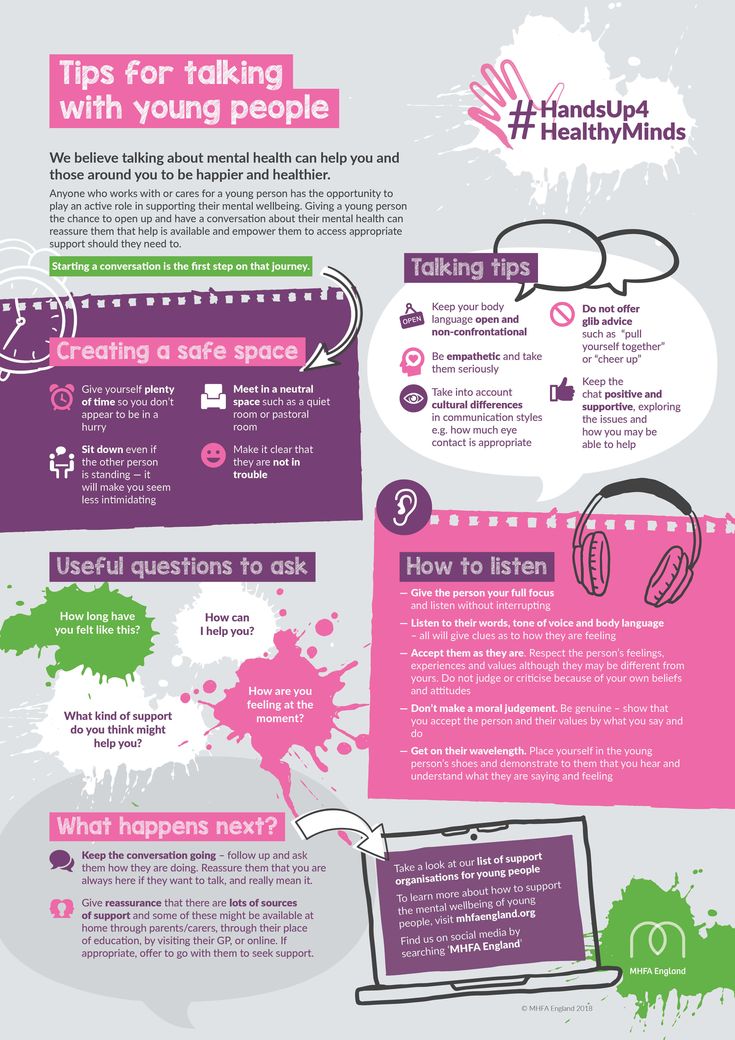 " Their qualifications as "experts" are rather vague: Robert Bennett, co-organizer of the congress, for example, claimed to have a Ph.D. in general relativity; Robert Sangensis turned out to be president of Catholic Apologetics International, author of books and articles on theology, science, culture, and politics. and teacher of physics and mathematics in various educational institutions. He stated that physicists such as Albert Einstein, Ernst Mach, Edwin Hubble, Fred Hoyle and "many others" allegedly proved that, as it is said in the Bible, the Sun and all planets revolve around the Earth, unshakable in space, and hoped that the Holy Scriptures will take their place, and people will understand that science is not at all what they say about it. nine0005
" Their qualifications as "experts" are rather vague: Robert Bennett, co-organizer of the congress, for example, claimed to have a Ph.D. in general relativity; Robert Sangensis turned out to be president of Catholic Apologetics International, author of books and articles on theology, science, culture, and politics. and teacher of physics and mathematics in various educational institutions. He stated that physicists such as Albert Einstein, Ernst Mach, Edwin Hubble, Fred Hoyle and "many others" allegedly proved that, as it is said in the Bible, the Sun and all planets revolve around the Earth, unshakable in space, and hoped that the Holy Scriptures will take their place, and people will understand that science is not at all what they say about it. nine0005
"A quarter of Europeans still believe that the Earth is at the center of the universe and everything revolves around it."
Meanwhile, every new discovery of science confirms that the model of geocentrism does not correspond to reality.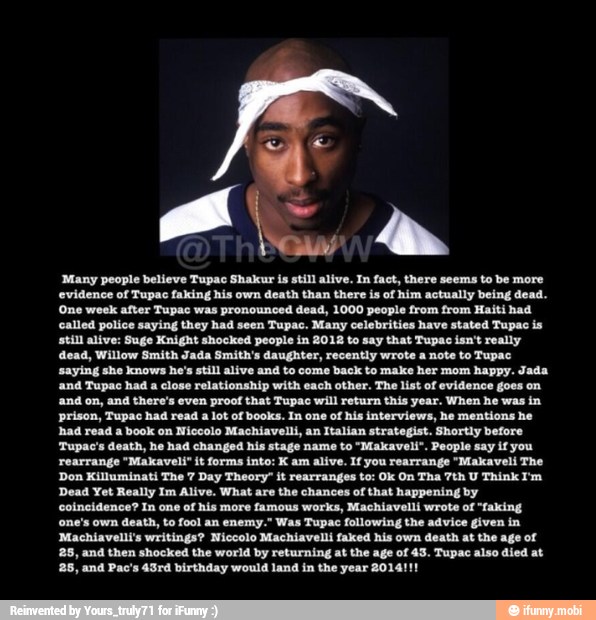 Supporters of geocentrism can only refer to the Bible. To every scientific argument, they reply, “The Bible says that…” Attacking Galileo damages the reputation of one of the founders of modern science, who provided the first evidence for the Copernican heliocentric model of the world, and also allows to wash away what some consider shame when at 19In 92, the church publicly rehabilitated the Italian.
Supporters of geocentrism can only refer to the Bible. To every scientific argument, they reply, “The Bible says that…” Attacking Galileo damages the reputation of one of the founders of modern science, who provided the first evidence for the Copernican heliocentric model of the world, and also allows to wash away what some consider shame when at 19In 92, the church publicly rehabilitated the Italian.
Much water has flown under the bridge since the time of Galileo. Copernican science, having before it the Holy Scriptures and faith in the revealed truth, had to fight the irrational. Today, irreconcilable fighters and some strange personalities are trying to manipulate the minds of people in order to inspire them with their chaotic theories: we are talking about the same struggle of obscurantism against the truth.
How to deal with obscurantism?
If you can't particularly increase your level of intelligence, then you can learn to develop critical thinking.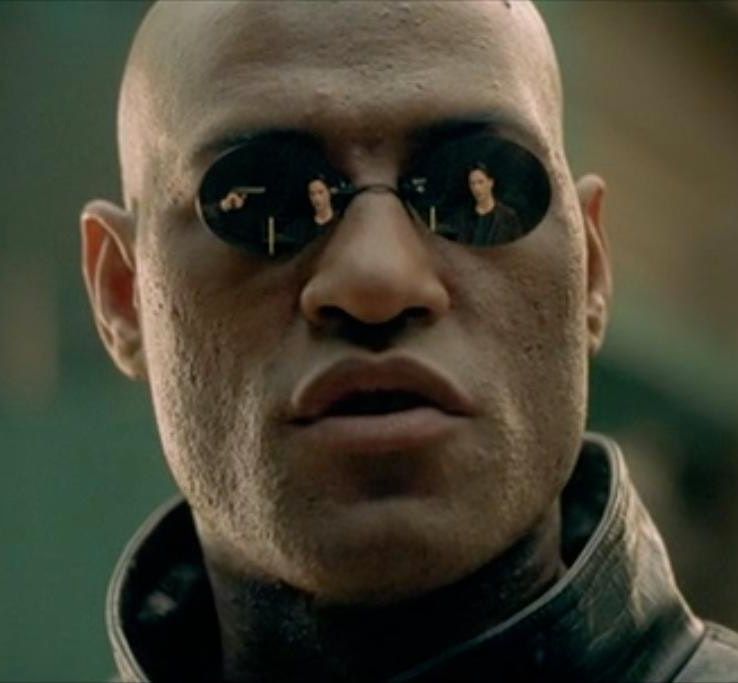 Not all beliefs are stupid, absurd, or dangerous. Some of them can be constructive, such as faith in yourself, in your abilities, in your worth, in life and in other people. nine0005
Not all beliefs are stupid, absurd, or dangerous. Some of them can be constructive, such as faith in yourself, in your abilities, in your worth, in life and in other people. nine0005
The risk of falling under the influence of dangerous beliefs is associated with the need to find the meaning of life at all costs. If someone gives us an explanation that matches our worldview, or frees us from independent search, it is easier for us to accept it. But the biggest danger of irrational beliefs is that they tend to coincide with our intuitive expectations.
Since ancient times, people have believed in strange things, and many have tried to fight them. This amounts to a balance that does not change much over time. So you can fight for rationalism with the idea that you are simply helping to maintain world balance. nine0005
Despite all his reasonableness, good manners and criticality, not a single person is immune from stupid prejudices - mainly because it is difficult for people to believe in chance. Looking for fate, fatality, intrigue, conspiracy, good or evil intent in random events is a universal delusion. “God loves a trinity”, “There is no smoke without fire”, “He who laughs last laughs well” - all these proverbs express the need to look for a causal connection and meaning in everything. Even great scientists are subject to this. So, Einstein wrote in his diary about the lameness of his wife Mileva, who was passed on to their sons: “I received a well-deserved punishment because I thoughtlessly committed the most important act in my life: I conceived children with a man inferior to me morally and physically.” From the creator of the theory of relativity one would expect broader views! But as both his biographers, Roger Highfield and Paul Carter, have stated, Einstein "was a man who combined mental clarity and emotional deafness, which caused many unpleasant complications in the lives of those around him." nine0005
Looking for fate, fatality, intrigue, conspiracy, good or evil intent in random events is a universal delusion. “God loves a trinity”, “There is no smoke without fire”, “He who laughs last laughs well” - all these proverbs express the need to look for a causal connection and meaning in everything. Even great scientists are subject to this. So, Einstein wrote in his diary about the lameness of his wife Mileva, who was passed on to their sons: “I received a well-deserved punishment because I thoughtlessly committed the most important act in my life: I conceived children with a man inferior to me morally and physically.” From the creator of the theory of relativity one would expect broader views! But as both his biographers, Roger Highfield and Paul Carter, have stated, Einstein "was a man who combined mental clarity and emotional deafness, which caused many unpleasant complications in the lives of those around him." nine0005
In fact, we could try not to reduce the number of people who believe in strange or crazy things, but to make sure that they do not appear anymore. After all, it is very difficult to convince already convinced people. We only risk reinforcing their beliefs.
After all, it is very difficult to convince already convinced people. We only risk reinforcing their beliefs.
Why do people believe in the supernatural?
Sign up for our ”Context” newsletter: it will help you understand the events.
Photo caption,Among Russians aged 45 to 59Most people believe in magic for years.
As VTsIOM found out, more than a third of Russians believe in witchcraft, corruption and the evil eye. Almost a quarter of Russians are not sure that these are prejudices. Almost half of women believe in witches.
However, Russia is not unique here. In the United States, according to Gallup polls, about a third believe that it is possible to influence the material world with the help of thought, about 40% of Americans believe in ghosts, and 20% believe that in principle it is possible to talk with the dead. nine0005
So as long as there are such people in our civilized world, nothing threatens the Halloween holiday celebrated today.
What is the nature of our inescapable craving for devilry and belief in the supernatural?
Host of the "Fifth Floor" program Alexander Baranov discusses the topic with psychologist Valentina Shatalina and historian of religion Nikolai Shaburov .
Alexander Baranov: Sorcerers, witches, devils, ghosts - creatures with which XXI century, it would seem that everything should be clear. You can understand the people of the distant past - they did not understand, say, why there has not been rain for a whole year. Of course, the sorcerer was to blame. In our time, science has explained such things. Not all of course, there are things that science has not yet explained.
We do not know why elementary particles can be in two places at the same time, but these are questions beyond the limits of ordinary consciousness, they should not disturb people.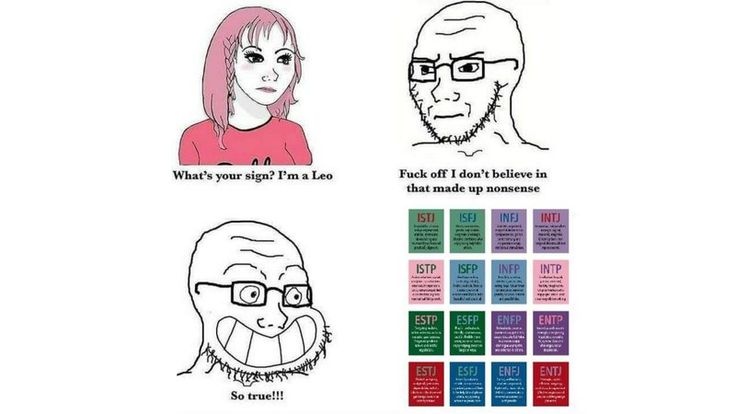 And in everyday life, everything is already more or less explained. nine0110
And in everyday life, everything is already more or less explained. nine0110
Skip the Podcast and continue reading.
Podcast
What was that?
We quickly, simply and clearly explain what happened, why it's important and what's next.
episodes
The End of History Podcast
And yet, people continue to believe in sorcerers, ghosts, signs, mediums. Willy-nilly, there is a suspicion that there is something in the nature of man that makes him predisposed to such things, superstition, belief in the supernatural. Something laid down either by genetics, or evolution, or something else. to do you have an explanation for this?
Valentina Shatalina: I can formulate some answer to such a difficult question. We really can't explain why all the sorcerers, zombies, evil spirits are so popular in cinema. Why horror movies are an entire industry. Why there are no indifferent people to the topic of experiencing fear and horror.
Why horror movies are an entire industry. Why there are no indifferent people to the topic of experiencing fear and horror.
Where are the roots of these bright, strong, complex feelings hidden, and why do they have such a social resonance? As a scientist, I must say that those who believe in absolute magic have a low educational level and a complete lack of need to understand the nature of things and systematize existing knowledge and ideas. nine0005
But things are not so simple. Roots are evolutionary in nature. Our thinking is so structured that if it is impossible to find a clear answer and solution, we look for light where it is dark, strange, incomprehensible, and try to figure it out, if the decision worries us very much and the result is very important, we tend to believe everything - a miracle. Are you crossing your fingers, knocking on wood? Do not throw garbage in front of the road? Are you relying on common cues?
A.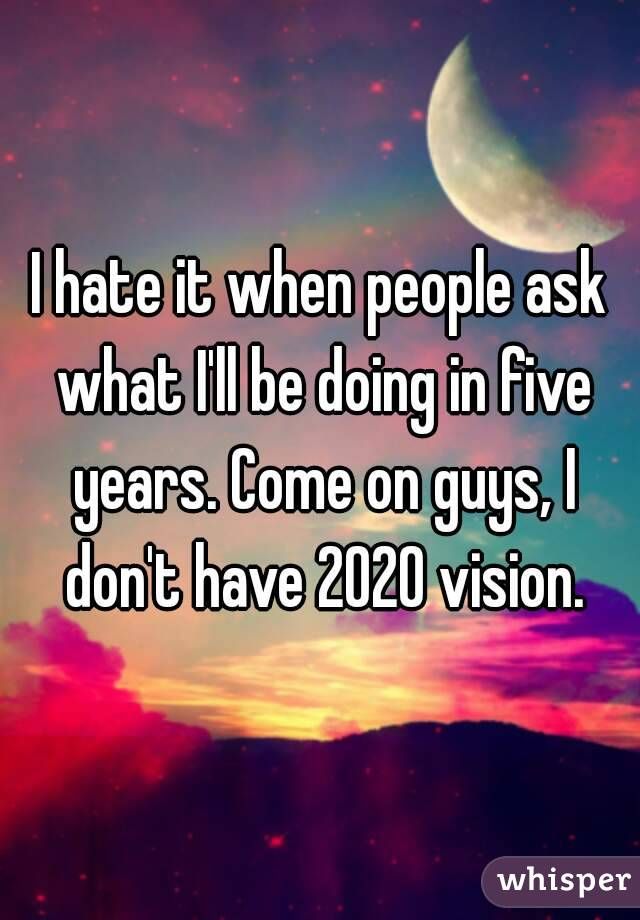 B.: No, I don't do that. But I am aware that I am the exception to the rule. And about the darkness and what is there in the dark , - scientists have proven that primitive man should have been afraid of rustling in the dark. Let's say one primitive man knew that it was the rustling of leaves, while another invented scary monsters for himself in the dark. The first person was eaten by a tiger, and the second survived and passed on this genetic disposition to us.
B.: No, I don't do that. But I am aware that I am the exception to the rule. And about the darkness and what is there in the dark , - scientists have proven that primitive man should have been afraid of rustling in the dark. Let's say one primitive man knew that it was the rustling of leaves, while another invented scary monsters for himself in the dark. The first person was eaten by a tiger, and the second survived and passed on this genetic disposition to us.
We continue to do this, although for us it is not so vital anymore. As a historian of religion, to how do you look at this human predisposition, and is it present in human nature? nine0110
Nikolai Shaburov: It's hard for me to talk about how genetically it is, it's possible. But I do not think that modern life is less complex, more understandable for a large number of people, than the life of primitive man. We know a lot about natural phenomena. Science has revealed to us why there is no rain for a long time, and many other complex things.
Science has revealed to us why there is no rain for a long time, and many other complex things.
But one can agree with Marx that social factors play a much more important role. Our social life is no less irrational than the life of nature, as it was with primitive man. nine0005
AB: What do you mean by in ? In the modern world, there are many more tools to solve your problems. Not only to survive, but also to harvest, you do not need to resort to otherworldly forces to eat tomorrow. But this craving, this faith exists in various forms.
N.Sh.: But wars remain, social inequality, tyranny, and violence remain. There is a lot of irrationality in human life, including public life. It seems that with progress, humanity is on the path of rationalization, but all the same, this sphere of the irrational remains. And man, especially in our era of globalization, when life circumstances change, the way of life has changed over the course of one generation. The human mind cannot keep up with this. nine0005
The human mind cannot keep up with this. nine0005
AB: The question is where this irrationality sits. Is our life really irrational, or does our consciousness perceive it as such ? Often what we cannot understand, we are not able to understand , - we cannot agree that we do not understand it, we are looking for explanations and come to irrational explanations. Isn't it?
N.Sh.: Our consciousness is also a part of life. It is impossible to answer the question whether life is irrational or whether irrationality is rooted in the subconscious. I am not ready. It seems to me that our life and consciousness are inextricably linked with each other. As before, very significant things do not depend on us. We are the object of influence of some global forces. These are now much more social than natural forces, but this does not change the essence of the matter. The person feels just as uncomfortable. This is not to say that now the level of fear has decreased. nine0005
This is not to say that now the level of fear has decreased. nine0005
A.B.: Fears have changed, but they exist.
N.Sh.: But they affect human consciousness to no lesser extent.
А.Б.: Maybe a modern person, despite all the comfort, when there are no fears, begins to look for them for himself, when there are no worries - there is something to worry about. And life for a modern person seems irrational, full of incomprehensible, and a person is drawn to an explanation. nine0110
V.Sh.: As a psychologist, I would like to separate general social tendencies, something that cannot be overlooked by the eye, with the individual problems of a person who believes or does not believe in this mysticism. VTsIOM research, which is published, we see the difference in how men and women perceive it, the difference in age groups. The group most susceptible to mysticism, damage, the evil eye is 45-60 years old.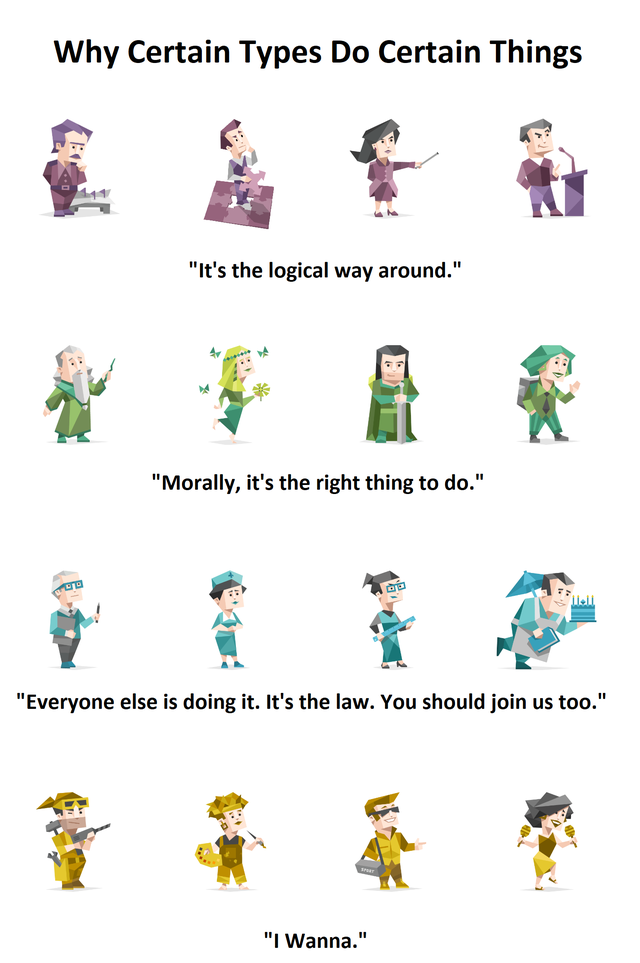
A.B.: And the least susceptible are either young people or those over 60. Youth is understandable. And why are those over 60 less susceptible? Because they grew up in the USSR, or for some other reason? nine0110
V.Sh.: This is due solely to age characteristics. This is an absolutely wonderful age, especially in our century. A person at this age relies on lived experience, knows how to dispose of it, knows how to manage his emotions, understands the limits of his volitional efforts. He manages himself more rationally.
And the need for mysticism arises when we have low self-esteem and there is no real way to grow it. And we compensate for it through the fact that we believe in signs, the magical passes of psychics. nine0005
I remember the 1990s when I had to advise a large number of young businessmen in Russia. People came and looked for a psychic, sat in a chair passively and said: do something with me. Psychics were more highly paid, more popular, and really great at helping people.
Psychics were more highly paid, more popular, and really great at helping people.
A person has a great need to concentrate and rely on something. And a psychic, a gypsy, a fortuneteller feels this moment and helps a person to believe in himself, that what he needs so much will come true, that he will succeed. This additional energy in a huge number of cases helps a person, and not only in the USSR. nine0005
Look at homeopathy. A person comes for help, additional support - besides a pill, medical intervention, he needs something else. He is offered a whole range of different practices - work with breathing, the ability to control your muscles, yoga, Pilates or something else. Another thing is spiritual healing or alexander technik.
A.B.: So all this damn thing works.
V.Sh.: You must believe that this will help you. And, if the touch gives him inner peace, balance, balance - this is the search for our "I".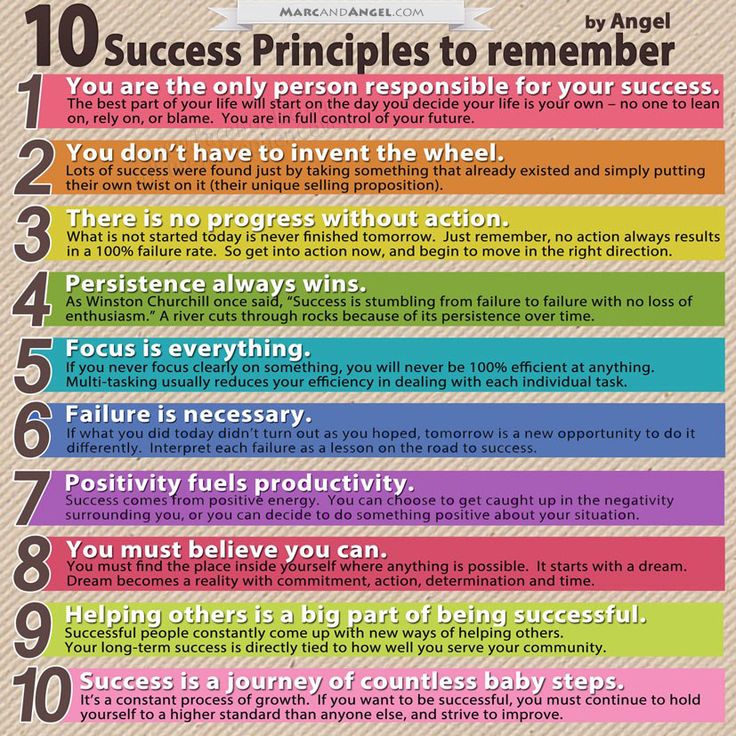 Balancing between your passions and the outside world. And if we are weak, we look for support in mysticism. nine0005
Balancing between your passions and the outside world. And if we are weak, we look for support in mysticism. nine0005
AB: Why doesn't it affect everyone? There are people for whom this does not work at all. Even if a person admits some extrasensory abilities, this does not mean that someone can change his life, help by demonstrating some tricks. And there is nothing to say about sorcerers at all. There are people who think purely rationally.
V.Sh. : I would like to see these people. These are quite strong natures who are used to relying on their experience, to double-check themselves. They have rational logical thinking, they are not afraid of failure, bad grades. He was not wounded in childhood, they did not say "you are a nonentity", as is customary in some cultures, when the junior in status in the family chain is always bad, because he is small. nine0005
A.B.: I am a person far from psychology. But I have a homegrown theory why some people believe in supernatural things and some don't. You, as a specialist in childhood, - I will consult with you from to .
But I have a homegrown theory why some people believe in supernatural things and some don't. You, as a specialist in childhood, - I will consult with you from to .
A child has a dualistic consciousness - he treats life and as a game, and this helps him master the world. A child can simultaneously know for sure that there is no Santa Claus, that parents buy gifts, and immediately believe that Santa Claus exists, he is worried that the pipe is narrow, Santa Claus will not fit into it this year and he will not receive a gift. nine0110
Time passes, the child grows up and must decide whether there is Santa Claus or not. And there are three answer options - one when an adult says that there is Santa Claus. This is a difficult case, we will not consider it.
And two others: there is no Santa Claus - a rationally thinking person, most likely, is not religious, and does not believe in sorcerers. And there are people who refuse to answer this question. And they continue to live with the childish dualism of consciousness. They believe and do not believe in sorcerers, they can easily be religious, they are looking for the meaning of life where there is none, and so on. nine0110
And there are people who refuse to answer this question. And they continue to live with the childish dualism of consciousness. They believe and do not believe in sorcerers, they can easily be religious, they are looking for the meaning of life where there is none, and so on. nine0110
V.Sh. : You have touched on a difficult story related to childhood and the fact that a child grows out of childhood. That some people keep the child in them can be a good, good sign, an indicator of creativity, because the child is able to see unexpected connections between ordinary things. And such a person can be a very successful creative adult.
And if he doesn't want to answer about Santa Claus, he can hide the naive feeling that a miracle exists. No matter how pragmatic we are, we would like to believe that a good beginning overcomes an evil one - and this is a miracle. That a strong and courageous person will be ahead of a cowardly and vile one - and this is also a miracle. This is a very complex system of our moral and ethical ideas about life. nine0005
This is a very complex system of our moral and ethical ideas about life. nine0005
And in what conditions do our children exist, that we constantly reduce the boundaries of naive good ideas about life for them and introduce more and more pragmatic characteristics that they very easily manipulate. Or you will have to move into the field of pathology, when a person is so anxious that he cannot exist in the modern world, he is oppressed by it.
This is the fear of unemployment, lonely old age. Any of our social problems can be translated into this plane. So, if your theory is convenient for seeing the world, for dividing people into categories, it can exist. nine0005
AB: What is the correlation between religiosity, belief, belonging to a particular official religion, and superstition? There are completely different opinions and poll results on this score.
N.Sh.: There is some correlation. Religion provides for belief in the supernatural, sanctioning it.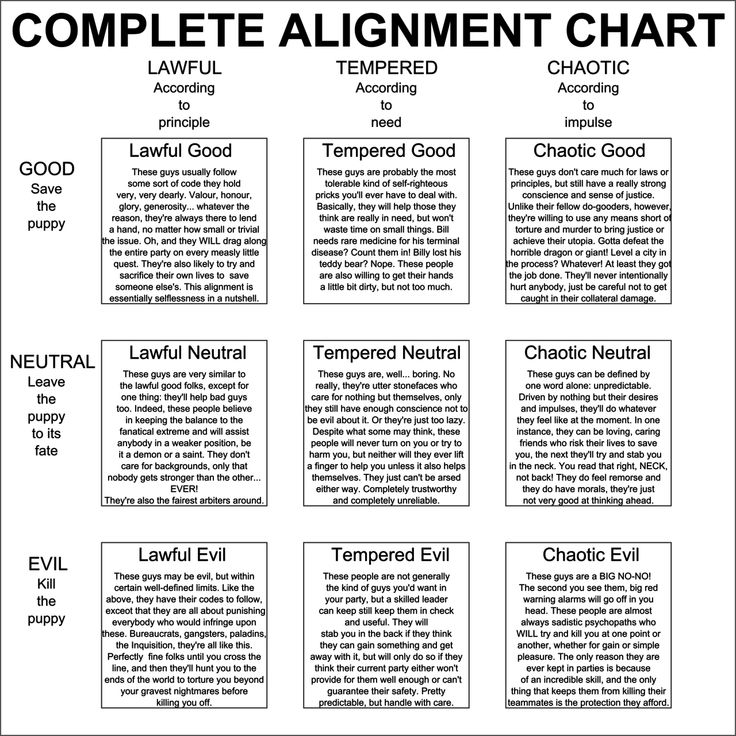 If a person recognizes the supernatural, then he can recognize such forms of it as sorcerers and so on. But do not take it too primitively. nine0005
If a person recognizes the supernatural, then he can recognize such forms of it as sorcerers and so on. But do not take it too primitively. nine0005
Much depends on the level of education. Many modern religions are quite complex systems, including intellectual ones, in which there is a specific rationality. Educated believers are unlikely to particularly believe in sorcerers, witches, conspiracies, and so on.
On the other hand, uneducated people who do not belong to any religion can also be captivated by all sorts of superstitions. Moreover, for them, Christianity and belief in conspiracies and sorcerers lie on the same plane. nine0005
AB: Someone else in the century before last said that a Russian peasant cannot distinguish a black cat from the Apostle Paul.
N.Sh.: I would not separate the individual characteristics of a person from the social aspect. For me, man is largely a social being. And it is no coincidence that psychics became so popular in the 90s - an era of instability and change, which was uncomfortable for many. And as a reaction to this - a fascination with psychics and similar things. nine0005
And it is no coincidence that psychics became so popular in the 90s - an era of instability and change, which was uncomfortable for many. And as a reaction to this - a fascination with psychics and similar things. nine0005
A.B.: In other words, belief in sorcerers and all that are symptoms of a social disease of a society that cannot give a person a normal, ordinary way out of solving his problems?
N.Sh.: If we talk about a modern developed society, I think so. But society is different from society. Humanity has come a long way. I'm not ready to call medieval society sick. This is a society with a structure in which such things played a big role.
But such a historical phenomenon as a witch hunt actually took place not in the era of the classical Middle Ages, but when the traditional medieval consciousness began to break down. This is the XV-XVII centuries, what we call the Renaissance. This is a reaction to changes, invasions of the irrational principle, in very severe forms.
This hunt claimed tens or even hundreds of thousands of people, and this was a symptom of the crisis, the sickness of society. Before that, they believed in sorcerers, but there was no such fear, the idea that everything around is full of malicious satanic forces that are trying to ruin the Christian world. nine0005
These things are very connected with conspiracy theories - secularized pseudo-rational beliefs in sorcerers, conspiracies, evil spirits and so on. Valentina spoke about the gender and age aspects.
We do not have sufficient data to assess what took place in this respect in the Middle Ages, but the name itself is characteristic - a witch hunt. Women were much more victims of this campaign, but perhaps more subject to superstition. This is also a very interesting question. nine0005
A.B. : As a psychologist, you see the positive side in the creative side - psychics help a person to live, faith in a miracle, and so on.


